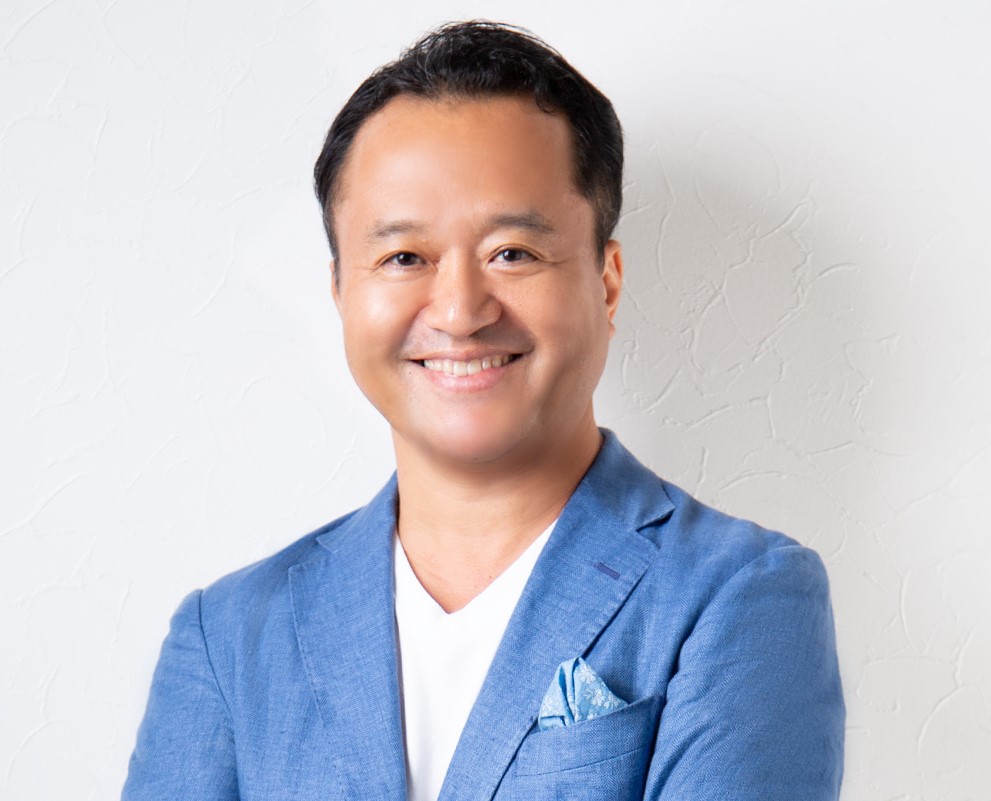(Series: Questing “Quality” in Education vol.2 Part Two) Develop a succession of high-performance methods based on CEFR
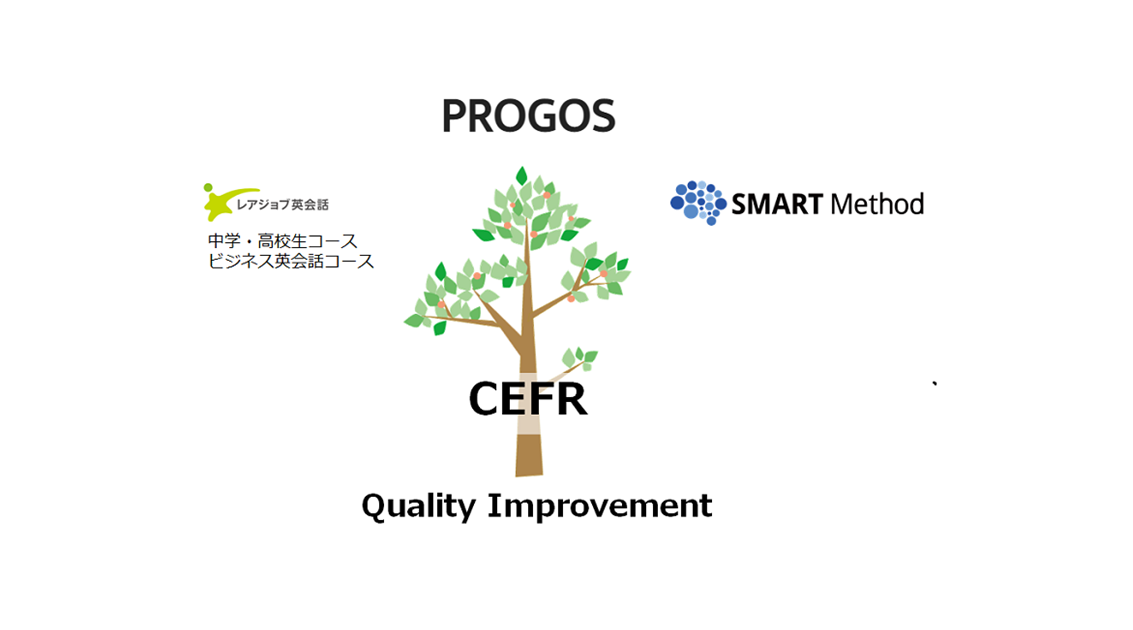
Shimomata believes that if we are to sincerely confront the quality of education, we will have to proceed carefully with the right order.
The next step in organizational development and mindset is to acquire the necessary knowledge.
It was a matter of preparing the “three sacred treasures” of the language education business.
SLAs (Second Language Acquisition: Theory of Secondary Language Acquisition)
TESOL(Teaching English to Speakers of Other Language: English-language professor method)
CEFR(Common European Framework of Reference for Languages : Learning, teaching, assessment: Shared European Reference Framework)
SLA is a theory that generalizes various learning methods in order to effectively acquire a language other than one’s mother tongue.
TESOL, on the other hand, is a teaching method for English learners.
For example, a Japanese who can speak Japanese is not necessarily good at teaching Japanese to foreigners.
Teaching requires a different kind of knowledge, which is what TESOL is all about.
Even after he moved on to the knowledge acquisition step, he continued to lead the way and show his own back.
In addition to teaching SLA in Japan and the Philippines, he took a course at a TESOL accredited institution in the Philippines and obtained the certification himself. He also made sure that the staff of the teacher training department involved in the lessons also obtained TESOL certification so that they could work as professional English instructors.
In order to realize a truly high quality education, “who (instructor) teaches what (teaching materials) and how (teaching method)” must be integrated.
This is because only when everything is related to each other can we realize instruction that produces high results.
The QCD in Japan and the teaching material development department and lecturer training department in the RareJob Philippines apply to these three.
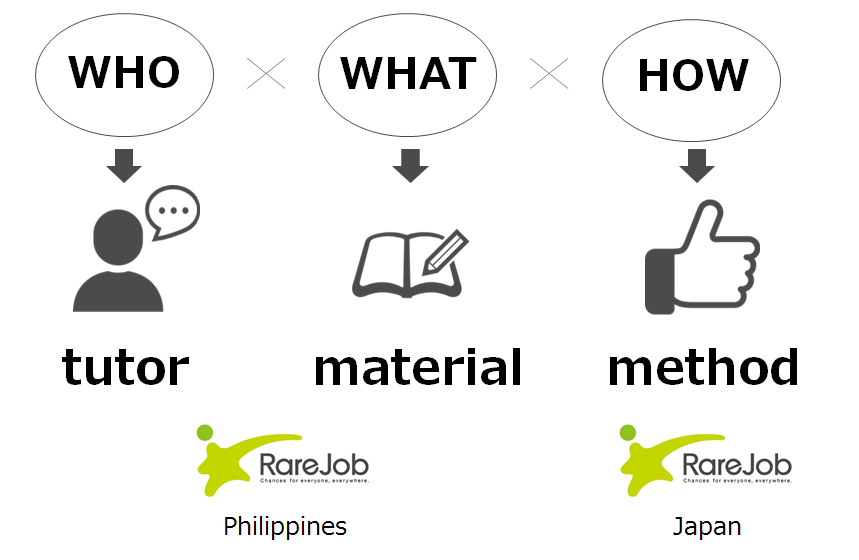
The reason why Shimomata had been working hard to share the same mindset by traveling back and forth between Japan and the Philippines and aligning the level of knowledge and understanding is only because it was essential to realize the ideal education.
He decided to move on to the next step, which is to make the “root” solid and the “trunk” strong.
RareJob has a service mission of “Encouraging 10 million Japanese to speak fluent English.”
Naturally, we have to be specific about what it means to be able to speak English, and we have to think about and provide the necessary methods to achieve this.
For this purpose, Shimomata focused on and adopted a global index that has been widely used around the world.
In Japan, the English conversation industry was the first to adopt the CEFR.
The CEFR is the core of the systematic development of teaching materials, instruction, and evaluation at RareJob.
Nothing progresses in a single step.
The introduction of CEFR gradually, but steadily proceeded, in the same way that it had steadily stretched its roots.
For example, QCD in Japan and the Philippines jointly holds monthly study meetings over a period of about one year.
They read the 300-page CEFR statement and shared their insights by providing a forum for presentation.
We also researched case studies of how the CEFR is being used in other countries and other companies in the language industry.
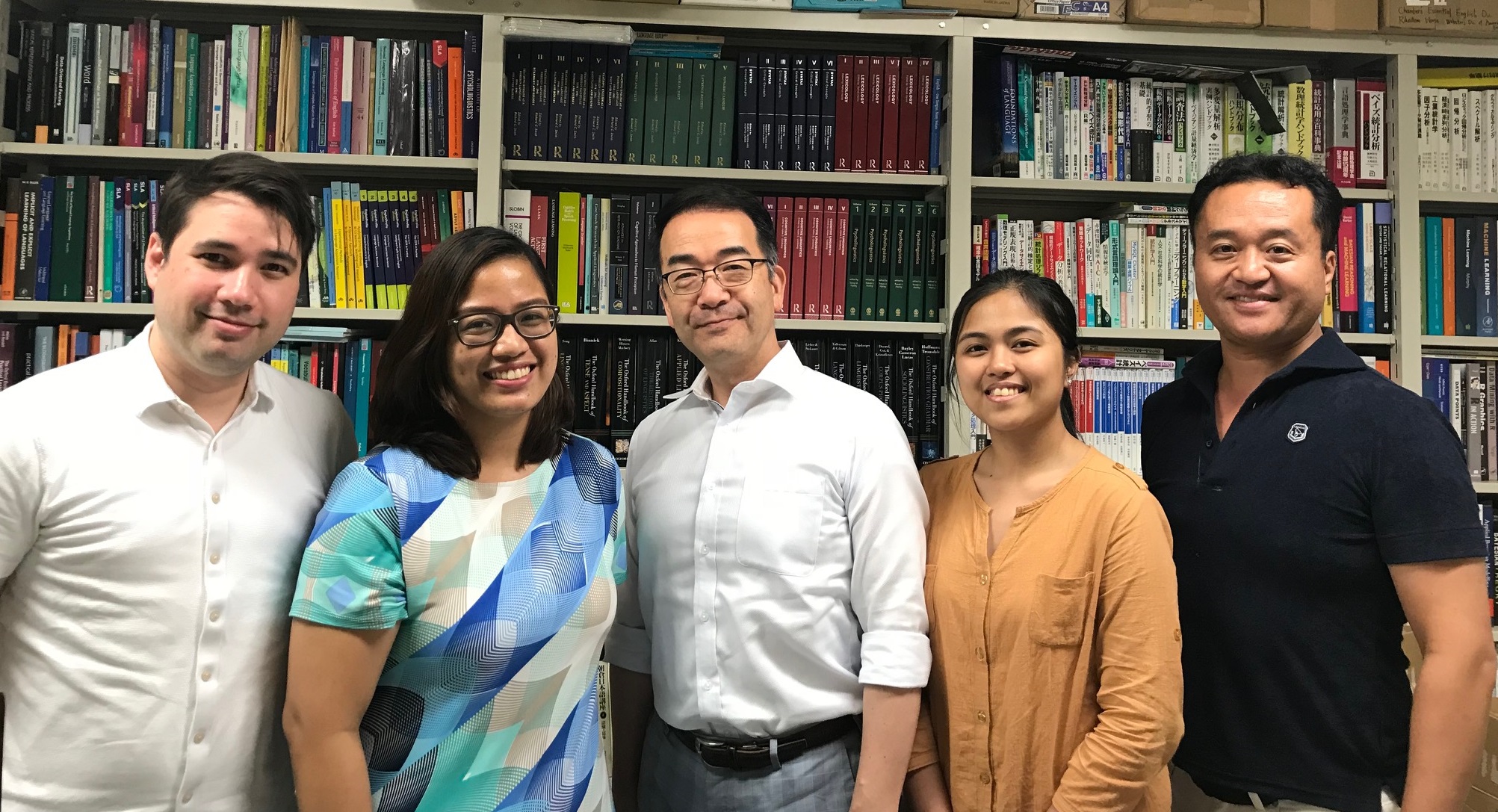
While making the trunk stronger, the company also reformed its services.
First, we introduced the Rare Job level based on the CEFR-J, which is an adaptation of the CEFR for Japanese learners.
This allows participants to quantitatively determine the extent to which they can speak English.
While many companies have established these levels themselves, in many cases they are designed independently. Thus, it is possible to say that “Company A’s rating was Level 7, while Company B’s rating was Level 4.”
If CEFR, know their levels in the world-wide standards and use them abroad as they are.
In 2015, we began developing programs and educational materials based on CEFR.
In addition to the conventional daily English conversation course, we expanded the junior high school and high school student courses and the business English conversation course.
This was a preemptive move by Shimomata who had been in the English conversation industry for a long time, and had factored in the predictions.
The trend in offline language schools will invariably come into the online industry in a few years.
He was the first to broaden the target audience, create business-focused courses, and strengthen the variety of content.
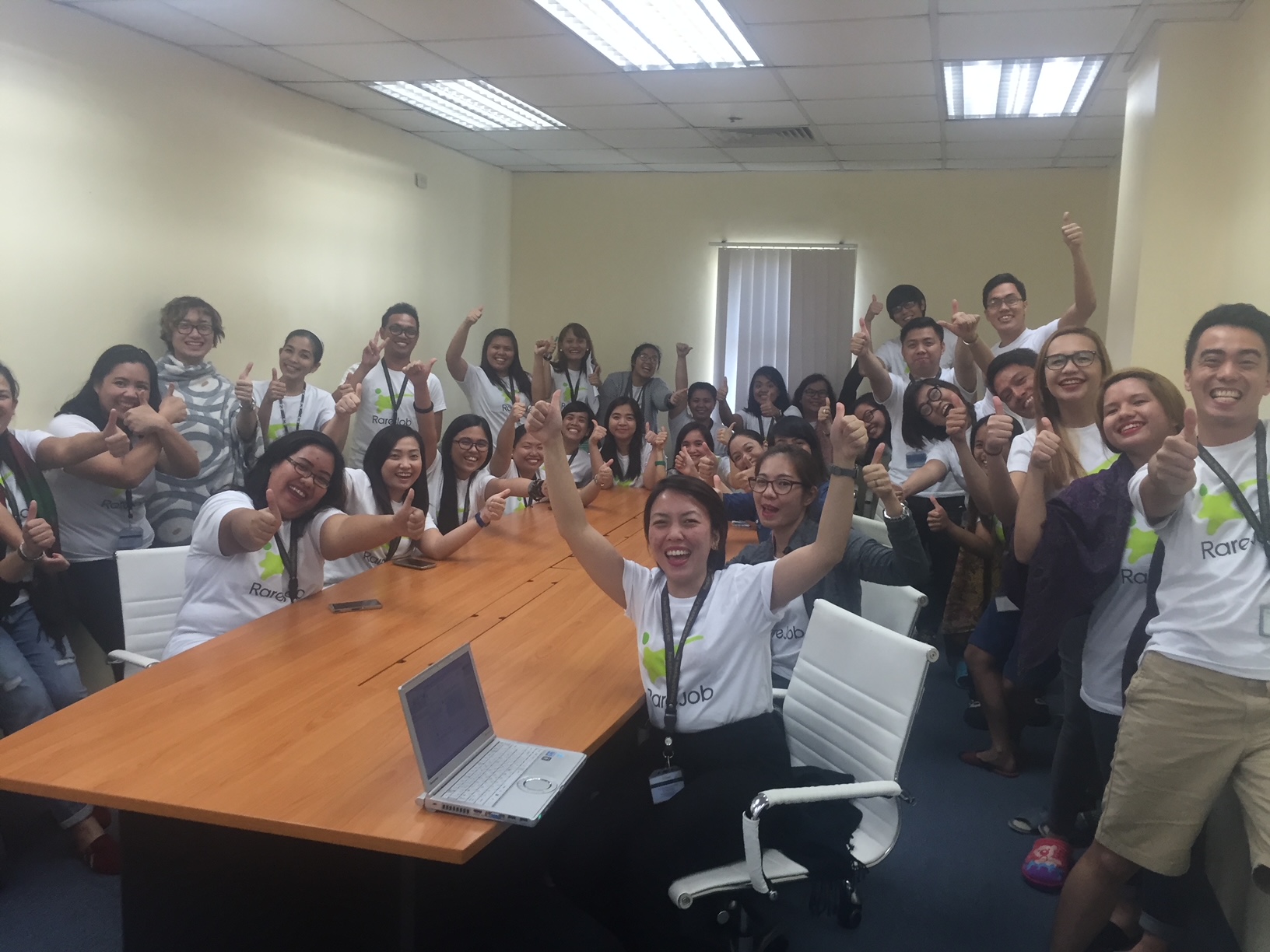
On the other hand, more learning-effective program development was also promoted.
In 2016, we launched a short-term intensive program, the RareJob Honki-Juku.
In 2018, the company began offering the Smart Method® Course, an online completion program with guaranteed results.
By providing highly effective learning, the company has created a program that is expected to produce results even in a short period of time.
The program was also designed to improve students’ English conversation skills by identifying and compensating for their weaknesses based on the CEFR.
In addition, the CEFR also emphasizes the element of assessment, and the English speaking test PROGOS, released in 2020, covers this area.
We have also achieved the development of a tool that clearly measures English speaking ability based on the CEFR and supports the continuation of more desirable learning.
These services and products all constitute “branches.”
Looking at it from the outside, here is where people start to see RareJob is doing something new with something called CEFR.
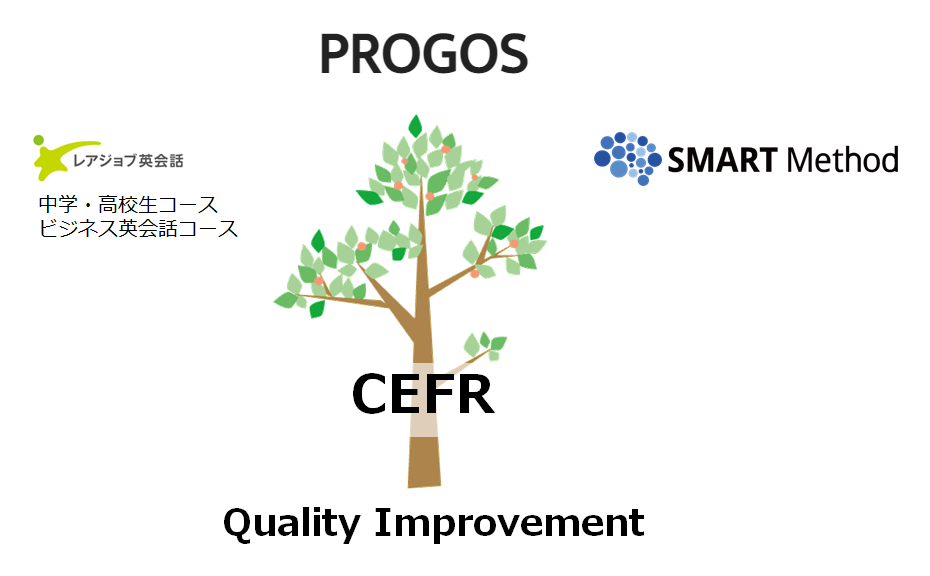
Indeed, it is hard to see the organizational structure, the mindset of the staffs, and the studies and inputs to utilizing CEFR.
In fact, program development alone is not so difficult, according to Shimomata..
However, can we really say that we are providing “high quality” education just by putting together formal programs and materials?
Will the students really feel the results and be satisfied with the RareJob service?
Even though it may seem like a foolish and arduous path, Shimomata believes that it is because we face education seriously and put everything necessary to realize high “quality” into our programs and teaching materials that we will be able to achieve results and satisfy our students.
Looking back, on his first day at the company, he was introduced in front of the staff as “the first person from the education industry to us.
From the point of view of RareJob at that time, he came from a different culture, so to speak, and was a different race.
There is no way they can understand the difficulty and difficulty of such a tremendous mission as “transforming ITroviders into education providers.
Now that he was here at RareJob, he had to make sure that RareJob could provide a service that would deliver high learning results in online English conversation.
That was all he wanted to do.
At the same time, this desire was the driving force that kept him going on the long and arduous road, the challenging road of growing the “tree” of improving the quality of education from scratch.
Now, at last, that path is beginning to bear fruit.
The tree, which symbolizes the “quality” of education, has been spreading its branches and bearing abundant leaves and fruits.
RareJob, as an EdTech company, has been delivering methods and services that focus on learning outcomes and realizing “high quality” education.
Of course, there is no end to the evolution.
Shimomata’s eyes were already looking several years ahead.
He has begun to take on unknown challenges that no one has seen yet.

